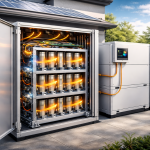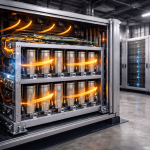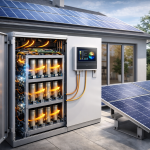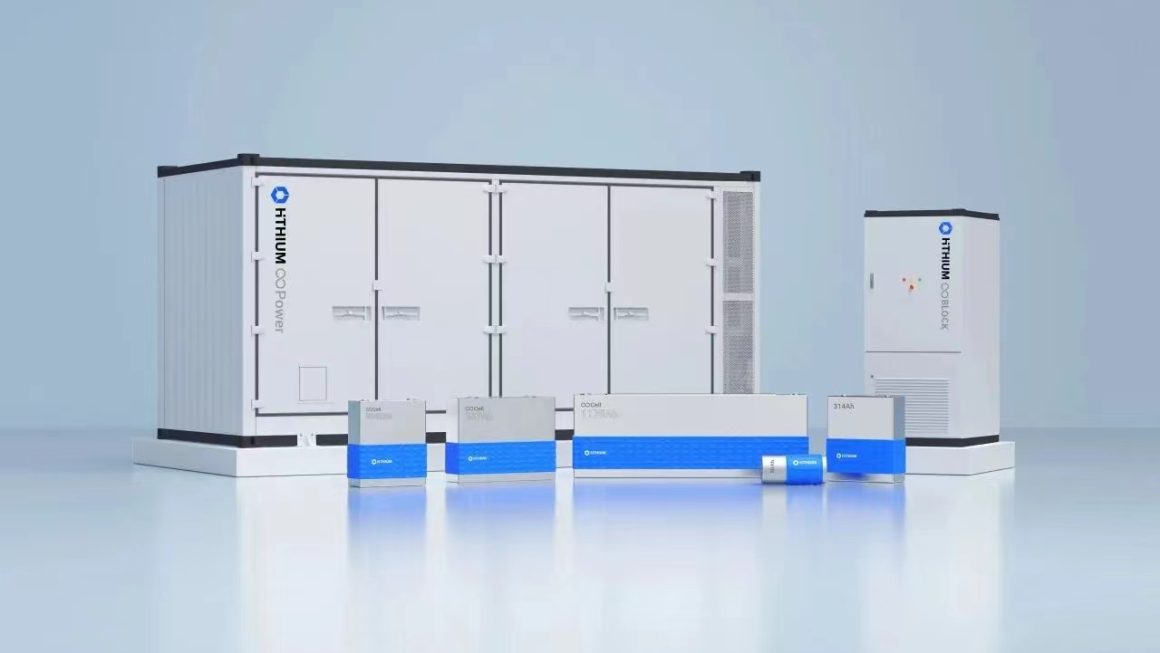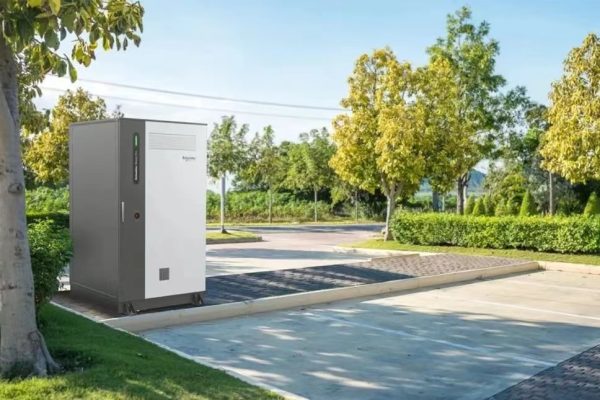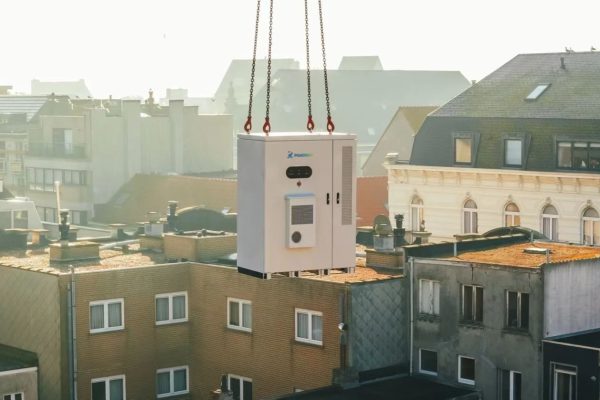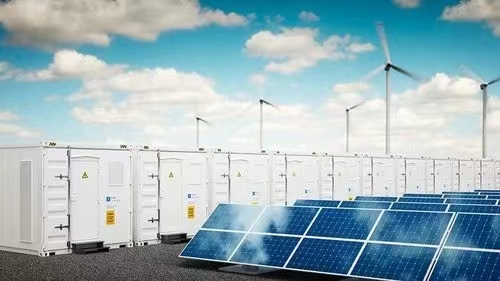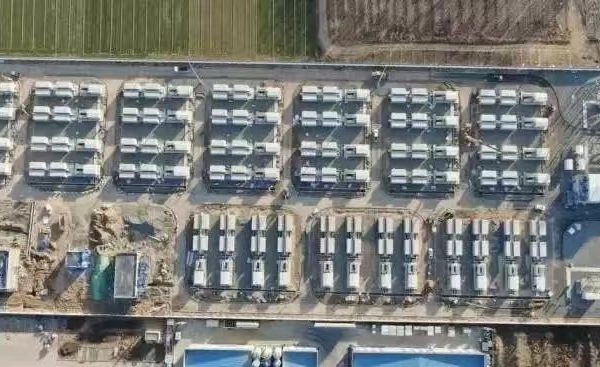Beyond Price: The People Who Turn Your Equipment into a System
Hardware Alone Doesn’t Deliver Power
Even the best inverter, battery, or hybrid system won’t power a lightbulb without proper installation, configuration, and maintenance.
In distributed energy projects — especially solar + storage systems under 100kW — your success often depends on:
The local deployment partner.
This article explains what makes a local partner valuable, how to evaluate one, and why system buyers and exporters should treat this relationship as a strategic asset — not an afterthought.
1. Why Local Deployment Partners Matter
Even in the age of remote support and cloud monitoring, boots on the ground still count.
A good local partner provides:
- ✅ On-site installation and commissioning
- ✅ Wiring and system integration
- ✅ Local regulatory compliance
- ✅ Post-sale troubleshooting and service
For system buyers or international exporters, a reliable local partner can be the difference between success and a support nightmare.
2. Key Qualities to Look For
🧰 1. Technical Competence
- Familiarity with inverters, batteries, and PV modules
- Can read wiring diagrams and configure firmware
- Experience with hybrid and off-grid systems is a plus
Red flag: An installer who only does PV but doesn’t understand batteries or inverter protocols.
🌐 2. Communication & Reporting
- Can follow project documentation
- Communicates progress and issues clearly
- Comfortable using email, WhatsApp, or online project trackers
Tip: Test this during your first quotation or tech discussion.
📜 3. Compliance Knowledge
- Understands local electrical code, grid standards, permit requirements
- Can handle utility interconnection if grid-tied
- Knows how to size cables, breakers, and conduits correctly
📦 4. Logistics Flexibility
- Can receive, warehouse, or move equipment locally
- Understands how to work with partial shipments or staggered deliveries
- Familiar with customs/local taxes (if involved)
🔧 5. After-Sales Responsiveness
- Willing to perform on-site diagnostics
- Can replace components or assist in warranty claims
- Understands that service affects reputation
This is especially important for residential and SME clients who value continuity over one-time installs.
3. How to Evaluate a Local Partner
Whether you’re an overseas brand looking for deployment help, or a local buyer needing a project partner, use this quick checklist:
| Question | Why It Matters |
|---|---|
| Have they installed hybrid inverters before? | Reduces learning curve, avoids mistakes |
| Do they know CAN/RS485/Modbus basics? | Needed for BMS-inverter integration |
| Can they provide references or past projects? | Verifies real-world experience |
| Are they available during commissioning? | Ensures smooth system startup |
| Do they have insurance/certifications? | Indicates professionalism and legal safety |
| Do they offer basic remote monitoring setup? | Adds value for modern systems |
4. Who Should Source the Local Partner?
🤝 If you’re a buyer or project owner:
- Try to involve the partner early in the design phase
- Choose someone who has worked with the same inverter/battery brand
- Consider partners with hybrid or backup system experience
🌍 If you’re an exporter or brand:
- Build a trusted installer network by:
- Offering free training
- Supporting demo projects
- Providing pre-wired kits or clear manuals
- Co-brand your partners to build mutual trust in the market
5. What Local Partners Need from You
To do their job well, local installers or integrators need:
- 📐 Wiring diagrams and pre-tested configurations
- 🔄 Clear inverter-battery compatibility documentation
- 📞 Accessible support channels during commissioning
- 🧰 Spare parts or replaceable modules in-country
- 💡 Training and updates on firmware, software, or product changes
In other words: don’t just ship hardware — ship support.
6. Red Flags to Watch Out For
Avoid partners who:
- “Wing it” without schematics or planning
- Ask only about price and margin, not technical details
- Don’t respond to customer service requests post-install
- Have never touched hybrid inverters or LFP battery packs
One bad local install can damage your brand more than any product defect.
A Good System Needs a Good Team
A reliable PV+ESS system is a combination of engineering, components, and execution.
And the person who drills the holes, connects the cables, and turns on the breaker?
That’s your deployment partner — and they deserve attention, training, and collaboration.

